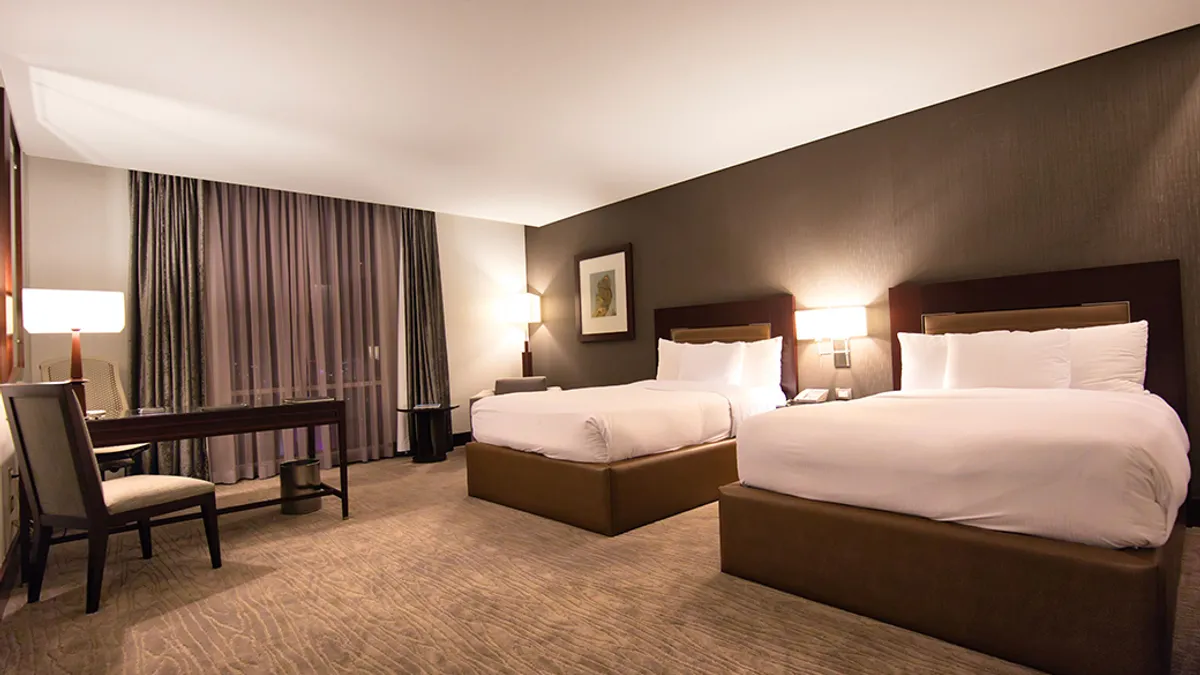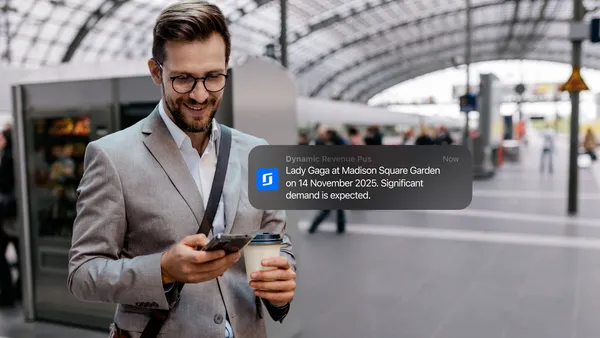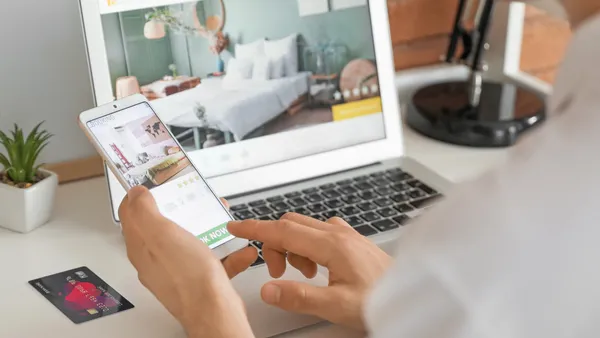It used to be that hotel guests expected human interaction every step of the way - from employees greeting them at the door, to getting checked in at the front desk and calling room service to have their food hand-delivered. While some of these interactions remain a tell-tale sign of great customer service, the rise of digitalization has caused a dramatic shift in the hotel experience. Now, guests expect more independence when they stay at a hotel. Hoteliers have unprecedented freedom to transform their services and rethink the customer journey. This is where self-service technology, which allows guests to get service without any human interaction, can help them meet demand.
Offsetting staff shortages
A lack of employees is one of the biggest problems hotel owners are facing. According to a February 2023 survey conducted by the American Hotel & Lodging Association (AHLA), nearly 80% of hotels have reported experiencing a shortage of staff at the same time as some of the highest occupancy levels in recent years. Not only does this have a negative effect on productivity, but it also impacts customer service. With self-service technologies, hotels can take care of necessary tasks while freeing up available staff to deliver more personalized services, such as giving guests recommendations for what to do during their stay, or promptly resolving issues that arise without the constraint of other duties.
Improving the customer experience
In its survey of 5,266 consumers “Hospitality in 2025: Automated, Intelligent… and More Personal”, Skift.com found that 73% of hotel guests are more likely to stay at a hotel that offers self-service technology. Technologies such as self-check-in kiosks, mobile apps, voice activated services and keyless room entry are already popular in hotels, which use them to deliver faster, more seamless experiences. Some hotels are even going a step further and adding voice-driven artificial intelligence (AI) to let guests report problems and get them resolved promptly. The AI offers guests the opportunity to avoid stressful interactions and be more detailed with their feedback using voice messages rather than waiting to speak to a staff member or simply leaving without saying anything. In turn, hotels can facilitate stronger communication with their guests and use the feedback to improve services.
Getting insight into guest behavior
Guest data is one of the most important assets self-service technologies can offer to hotels. Say that one of your repeat guests checks in and decides to add extra pillows in their room, reserve the spa package and extend their stay by an extra night. When all this information is collected in the same system, you can easily collect it and analyze it. For example, you could discover if the guest always makes the same purchases, whether there was an offer that influenced their decision (such as ‘stay x nights and get a discount on the spa package’), or if they’re simply purchasing based on popularity. To make sense of the data you’re collecting with self-service technology, you also need to have a strong software system as the backbone of your business. If the PMS, spa bookings, restaurants and more are all linked, you can follow each guest’s journey and connect the dots with minimum effort.
Delivering luxury experiences with automations: Blue Lagoon Iceland
Besides being one of National Geographic’s 25 wonders of the world, Blue Lagoon in Iceland is known for its luxury guest experiences. The company added self-service technology in their resort which includes a geothermal lagoon, two hotels, four restaurants, four retail shops and several activities. “We saw almost 90% uptake on our self-service checkout kiosks – that went beyond our best expectations,” says Sigurdur Long, Chief Information Officer at Blue Lagoon. The new automations are helping Blue Lagoon reduce waiting times for their guests, while helping them better understand consumer preferences. “We can now understand how our guests behave and how we can serve them better,” says Long.








